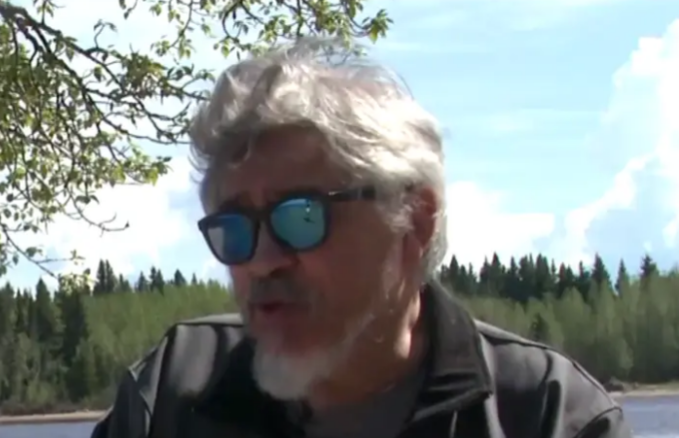In Alberta, there is much discussion taking place concerning addiction, overdose and treatment. Part of the reason for this because of how the provincial government has chosen to address these issues.
Not surprisingly, many people are not in favour of the direction the government is taking. One of these individuals is Bonnie Larson, a doctor who has worked with people experiencing homelessness for 15 years.

According to Larson, “Alberta’s model is unique in that it excludes harm reduction from the continuum of care. As such, it is a system akin to an extension ladder that is missing the first 10 feet of rungs. Lacking entry-level steps that meet people where they are with non-judgmental care, patient-centredness and barrier-busting pragmatism, the ROSC ladder is impossible for most to even mount, let alone climb.”
Please consider reading Larson’s article, “They’ll Always Be Everyone’s Someone to Me.” It is time well spent.




